How Microsoft invented almost everything (including the wheel)
And why it didn't always get it right
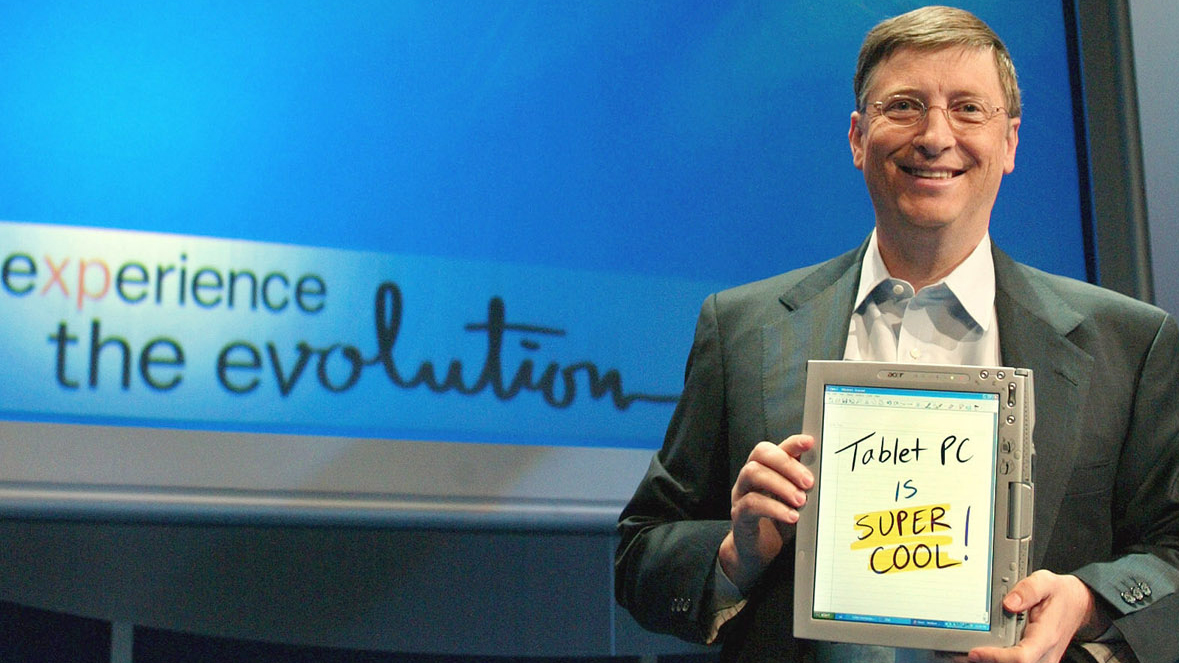
Sign up for breaking news, reviews, opinion, top tech deals, and more.
You are now subscribed
Your newsletter sign-up was successful
Of all the criticisms leveled at Microsoft, the "you're no innovator!" one must hurt the most: Microsoft has the Forrest Gump-esque ability to be present at every major technological development, and in many cases it was shipping innovative hardware, software and services years or even decades before the rest of the world caught up.
Sadly some of its ideas were better than its execution, while others were simply too far ahead of their time. These are our favourites.
Google TV
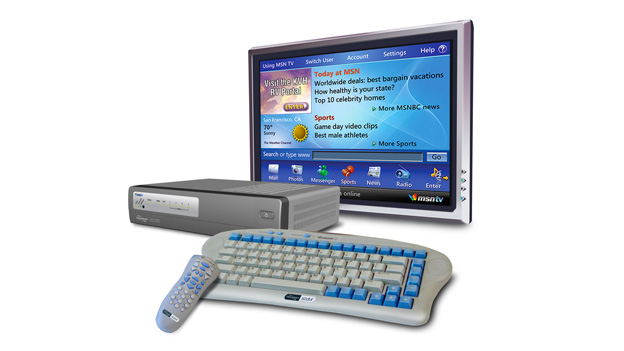
"TV Meets Web," Google said in 2010. "Web meets TV". "We did that four years ago," said Microsoft. MSN TV, or WebTV as it was originally called, was the first consumer electronics device to access the Web without requiring a computer - and it was also the first TV-based web browser, launched in the days before broadband was widely available. Microsoft acquired it in 1997, and the technology ultimately became part of the Xbox and Xbox 360; MSN TV was retired earlier this year.
iPads
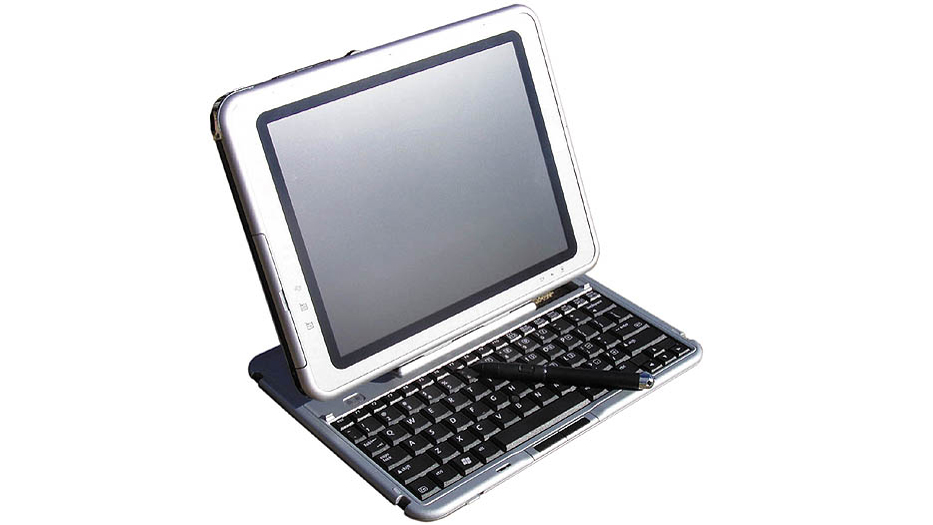
It's ironic that the iPad is destroying the PC, because Microsoft got there eight years before Apple: the Tablet PC, which shipped in 2002, was designed to combine power and portability. The technology wasn't up to the job, however - Tablet PCs were big, bulky and expensive - and the project was dogged by bad decisions such as the deliberate sabotage of Microsoft Office, whose boss didn't like the idea of tablets. Microsoft had the component parts including its enormous multi-touch Surface tables (not tablets. Tables), the Tablet PC and the Project Origami Ultra-Mobile PCs (UMPCs), but it would be Apple who found the winning combination.
Smartphones
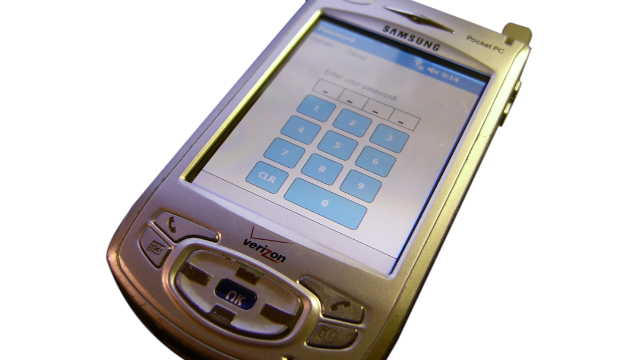
It's a phone. It's a PDA. It's a media player. It's a business tool. It's about seven years ahead of its time. Microsoft's Pocket PC platform - later rebranded as Windows Mobile - targeted mobile power users as early as 2000, and by early 2007 Windows Mobile 6 was appearing on some pretty tasty hardware. Windows Mobile was essentially Windows scaled down, but rivals prospered with a completely different strategy: they went for simplicity and started from a clean sheet rather than trying to adapt existing desktop OSes. It seems their strategy was the superior one.
Siri and Google Now

Oh, how we mocked: Microsoft Bob hid all the difficult PC stuff behind a cartoonish interface while Clippy kept trying to write our letters. But Bob wasn't much different from Siri and Clippy was a very early version of what Google Now does: the former makes computing computer-free and the latter tries to anticipate what you need next and provide it to you. Like many Microsoft projects, the ideas were way ahead of the current technology's ability to deliver.
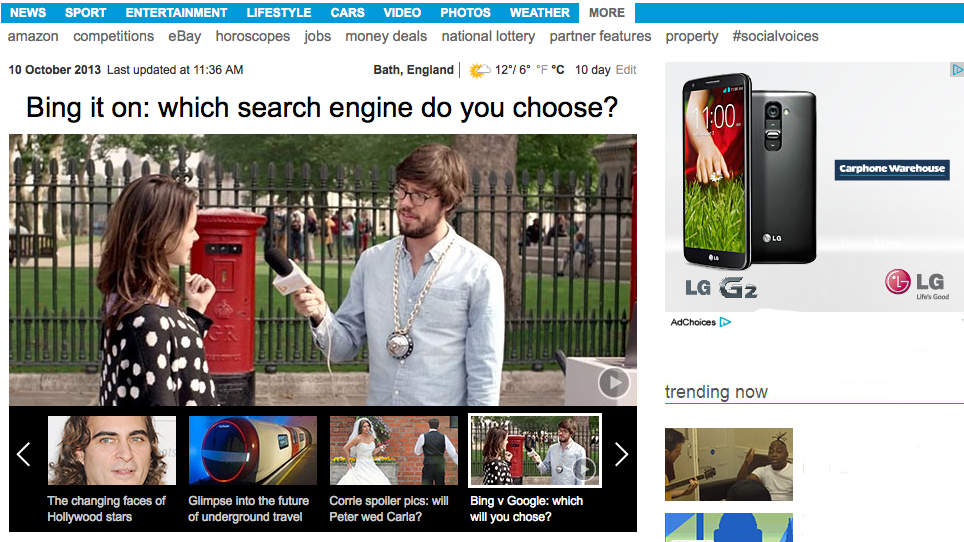
A walled garden that's designed to keep people off the open internet as much as possible? How very 1995: Microsoft's internet access, later rebranded MSN, was designed as an AOL-style system that would integrate seamlessly with your computer and keep you using its proprietary service. MSN's mistake was to head down the content provision route at a time when most people still had dial-up, and by the late 1990s MSN decided to compete against portals such as Yahoo! instead.
Sign up for breaking news, reviews, opinion, top tech deals, and more.
Smart watches
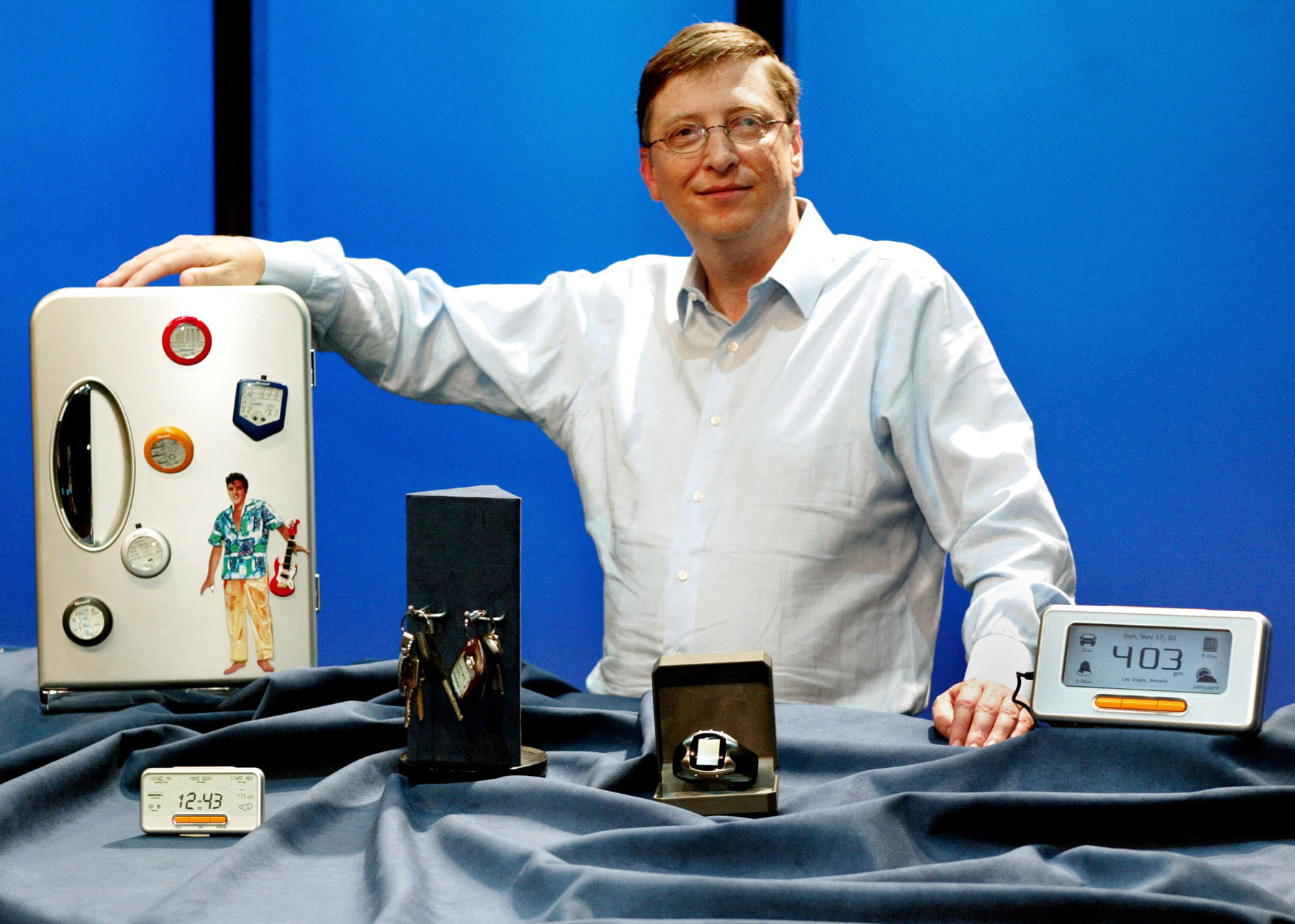
Seiko made the first smart watches, but Microsoft made the first ones that took advantage of mobile data: the Smart Personal Object Technology (SPOT) watches received data over FM. Unfortunately they suffered from the same problem that affects more recent attempts such as Samsung's Galaxy Gear: the lack of an obvious killer app.
Smart TVs
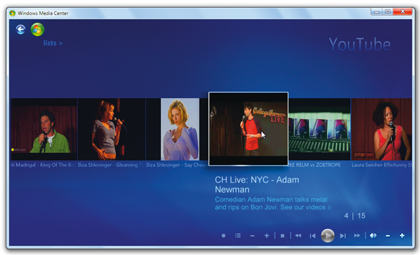
Microsoft has been trying to solve TV since the turn of the century: from Windows XP Media Center Edition to Windows 8 Pro, it's offered rather nifty media software that turns your PC into a home entertainment hub. It plays your videos, accesses streaming media, displays your photos, records live TV (if you've got the tuner card(s)), streams content wirelessly... all undeniably brilliant, and all cruelly disregarded by the mass market. It turned out that what the mass market was waiting for was Netflix, and today Microsoft's media efforts are based around accessing Netflix-style services on PCs, tablets and Xboxes.

Contributor
Writer, broadcaster, musician and kitchen gadget obsessive Carrie Marshall has been writing about tech since 1998, contributing sage advice and odd opinions to all kinds of magazines and websites as well as writing more than twenty books. Her latest, a love letter to music titled Small Town Joy, is on sale now. She is the singer in spectacularly obscure Glaswegian rock band Unquiet Mind.